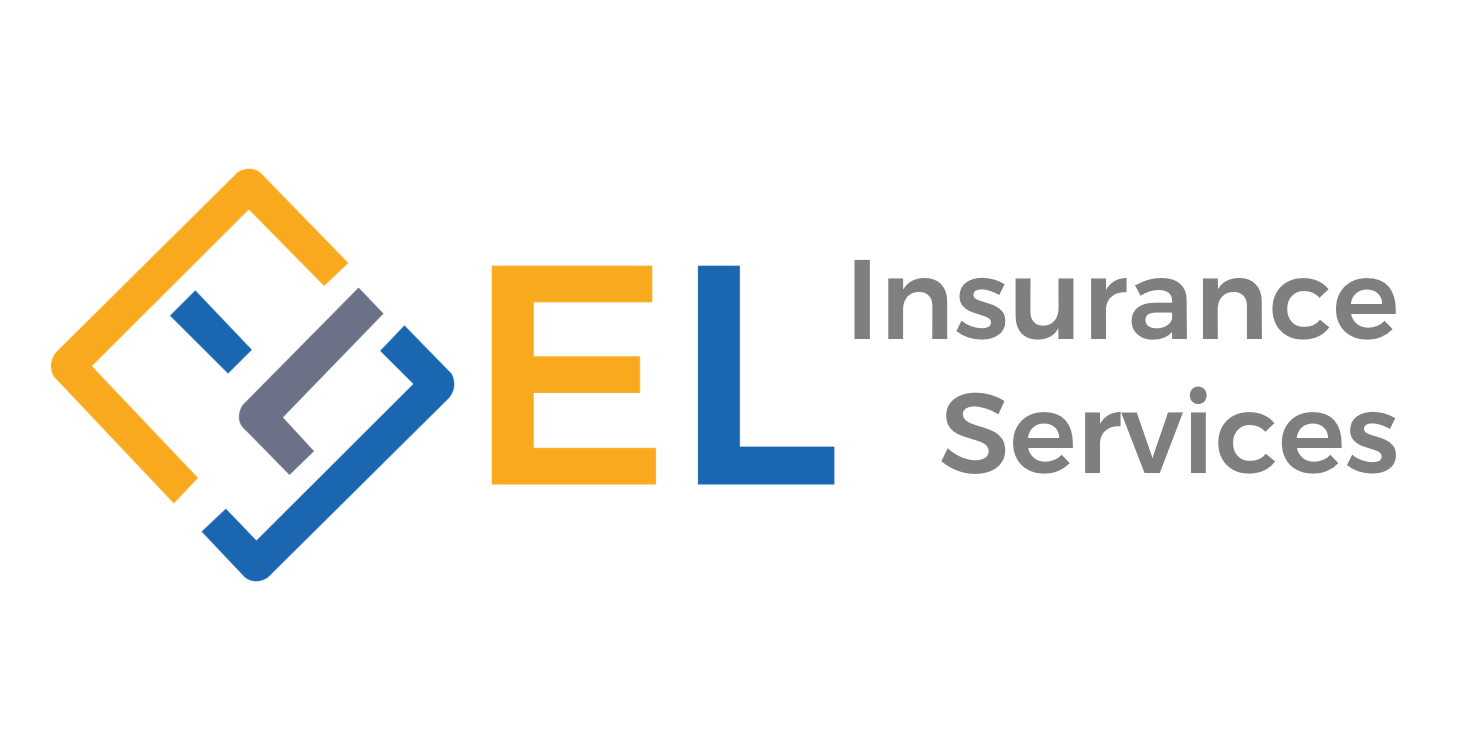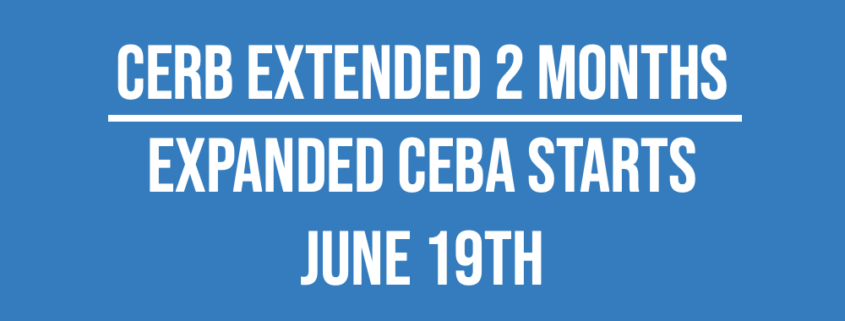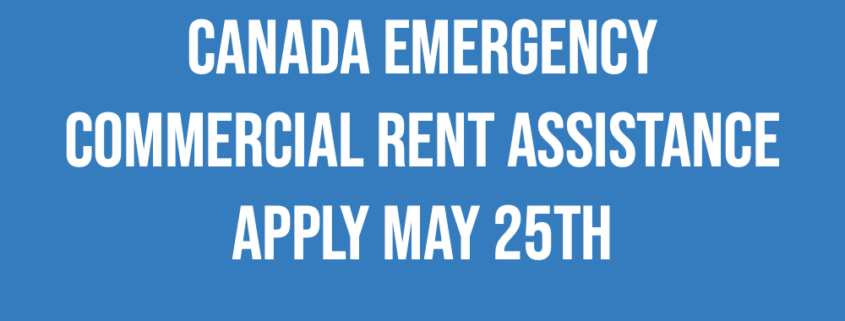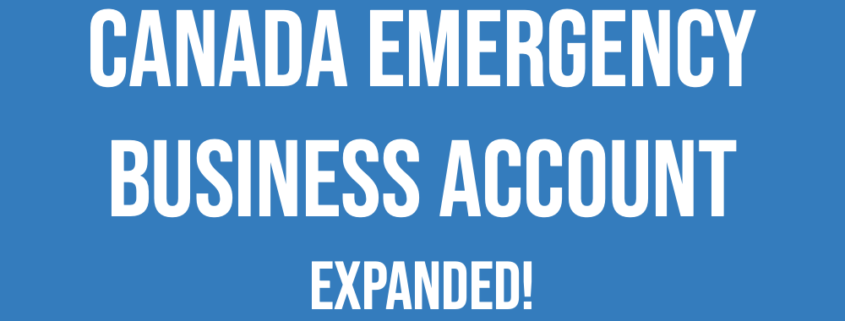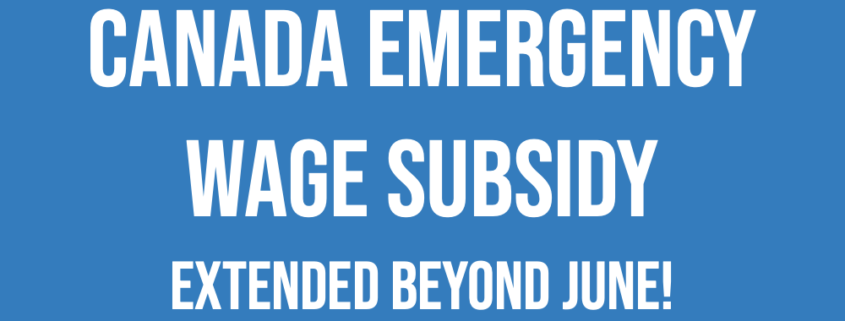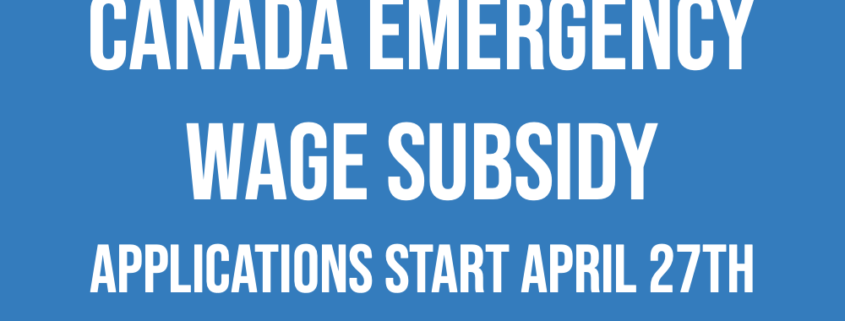Financial Planning Course
/in Business Owners, Families, Financial Planning, individuals, Insurance, investments, Past events, planning, Savings /by Financial Tech ToolsPOSTPONED -Financial Planning and Mindfulness Retreat
/in Business Owners, Families, Financial Planning, individuals, Insurance, investments, Past events, planning, Savings /by Financial Tech ToolsGovernment of Canada to allow up to $400 for home office expenses
/in 2020, Accountants, Blog, Business Owners, tax /by Orna ElizurFor the 2020 tax year, the Government of Canada introduced a temporary flat rate method to allow Canadians working from home this year due to Covid-19 to claim expenses of up to $400. Taxpayers will still be able to claim under the existing rules if they choose using the detailed method.
Eligibility
From the canada.ca website:
Each employee working from home who meets the eligibility criteria can use the temporary flat rate method to calculate their deduction for home office expenses.
To use this method to claim the home office expenses you paid, you must meet all of the following conditions:
-
You worked from home in 2020 due to the COVID-19 pandemic
-
You worked more than 50% of the time from home for a period of at least four consecutive weeks in 2020
-
You are only claiming home office expenses and are not claiming any other employment expenses
-
Your employer did not reimburse you for all of your home office expensesWhat if your employer has reimbursed you for some of your home office expenses
You need to meet all of the above conditions to be eligible to use the Temporary flat rate method.
New eligible expenses
For the detailed method, the CRA has expanded the list of eligible expenses that can be claimed as work-space-in-the-home expenses to include reasonable home internet access fees. A comprehensive list of eligible home office expenses has also been created.
CERB Extended | Business Owners who did not qualify previously – expanded CEBA starts June 19th
/in 2020 Only, Blog, Business Owners, Coronavirus, Coronavirus - Associates, Coronavirus - Practice Owners, Coronavirus - Students, corporate, individuals /by Orna ElizurCERB Extended 2 more months
Great news for Canadians out of work and looking for work. The CERB will be extended another 8 weeks for a total of up to 24 weeks.
As the country begins to restart the economy, the Federal government will be making changes to the program to encourage Canadians receiving the benefit to get people back on the job. From Prime Minister Justin Trudeau’s website:
“The Government of Canada introduced the CERB to immediately help workers affected by the COVID-19 pandemic, so they could continue to put food on the table and pay their bills during this challenging time. As we begin to restart the economy and get people back on the job, Canadians receiving the benefit should be actively seeking work opportunities or planning to return to work, provided they are able and it is reasonable to do so.
That is why the government will also make changes to the CERB attestation, which will encourage Canadians receiving the benefit to find employment and consult Job Bank, Canada’s national employment service that offers tools to help with job searches.”
More small businesses can apply for CEBA $40,000 no-interest loans
Applications for the expanded Canada Emergency Business Account (CEBA) will be accepted as of Friday, June 19th, 2020. Small businesses that are:
“… owner-operated small businesses that had been ineligible for the program due to their lack of payroll, sole proprietors receiving business income directly, as well as family-owned corporations remunerating in the form of dividends rather than payroll will become eligible this week.”
Apply online at the financial institution your business banks with:
-
BMO: https://www.bmo.com/small-business/financial-relief-loc/#/login?PID=MBLBC&language=en
-
National Bank: https://www.nbc.ca/forms/business/covid-emergency-account.html
-
Canadian Western Bank: https://www.cwbank.com/en/news/2020/canada-emergency-business-account-now-available (via phone/email)
There are restrictions on the funds can be used. From their website https://ceba-cuec.ca/:
“The funds from this loan shall only be used by the Borrower to pay non-deferrable operating expenses of the Borrower including, without limitation, payroll, rent, utilities, insurance, property tax and regularly scheduled debt service, and may not be used to fund any payments or expenses such as prepayment/refinancing of existing indebtedness, payments of dividends, distributions and increases in management compensation.”
Small Businesses! Applications for Canada Emergency Commercial Rent Assistance starts May 25th
/in 2020 Only, Blog, Business Owners, Coronavirus, Coronavirus - Practice Owners, corporate /by Orna ElizurLower rent by 75% for small businesses that have been affected by COVID-19
The Application portal for the Canada Emergency Commercial Rent Assistance (CECRA) opens at 8:00am EST on May 25th. The description from the CMHC website:
“Canada Emergency Commercial Rent Assistance (CECRA) for small businesses provides relief for small businesses experiencing financial hardship due to COVID-19. It offers unsecured, forgivable loans to eligible commercial property owners to:
reduce the rent owed by their impacted small business tenants
meet operating expenses on commercial properties
Property owners must offer a minimum of a 75% rent reduction for the months of April, May and June 2020.”
Application Dates
Due to expected high volumes of applications, the application dates will be as follows:
-
Monday – Property owners who are located in Atlantic Canada, BC, Alberta and Quebec, with up to 10 tenants who are eligible for the program
-
Tuesday – Property owners who are located in Manitoba, Saskatchewan, Ontario and the Territories, with up to 10 tenants who are eligible for the program
-
Wednesday – All other property owners in Manitoba, Saskatchewan, Ontario and the Territories
-
Thursday – All other property owners in Atlantic Canada, BC, Alberta and Quebec
-
Friday – All
Eligibility
From the CMHC website:
“To qualify for CECRA for small businesses, the commercial property owner must:
-
own commercial real property* which is occupied by one or more impacted small business tenants
-
enter (or have already entered) into a legally binding rent reduction agreement for the period of April, May and June 2020, reducing an impacted small business tenant’s rent by at least 75%
-
ensure the rent reduction agreement with each impacted tenant includes:
-
-
a moratorium on eviction for the period during which the property owner agrees to apply the loan proceeds, and
-
a declaration of rental revenue included in the attestation
-
The commercial property owner is not and is not controlled by an individual holding federal or provincial political office.
CECRA will not apply to any federal-, provincial-, or municipal-owned properties, where the government is the landlord of the small business tenant.
Exceptions
-
Where there is a long-term lease to a First Nation, or Indigenous organization or government, the First Nation or Indigenous organization or government is eligible for CECRA for small businesses as a property owner.
-
Where there are long-term commercial leases with third parties to operate the property (for example, airports), the third party is eligible as the property owner.
-
Also eligible are post-secondary institutions, hospitals, and pension funds, as well as crown corporations with limited appropriations designated as eligible under CECRA for small businesses.
NOTE: Small businesses that opened on or after March 1, 2020 are not eligible.
* We define commercial Real Property as a commercial property with small business tenants. Commercial properties with a residential component and multi-unit residential mixed-use properties would equally be eligible with respect to their small business tenants.
NOTE: Properties with or without a mortgage are eligible under CECRA for small businesses.
What is an impacted small business tenant?
Impacted small business tenants are businesses — including non-profit and charitable organizations — that:
-
pay no more than $50,000 in monthly gross rent per location (as defined by a valid and enforceable lease agreement)
-
generate no more than $20 million in gross annual revenues, calculated on a consolidated basis (at the ultimate parent level)
-
have experienced at least a 70% decline in pre-COVID-19 revenues **
NOTE: Eligible small business tenants who are in sub-tenancy arrangements are also eligible, if these lease structures meet program criteria.
** Small businesses can compare revenues in April, May and June of 2020 to that of the same period in 2019 to measure revenue losses. They can also use an average of their revenues earned in January and February of 2020.“
For Full Details and to apply:
Expanded eligibility for CEBA $40,000 interest-free loan
/in 2020 Only, Blog, Business Owners, Coronavirus, Coronavirus - Practice Owners /by Orna Elizur“If you are the sole owner-operator of a business, if your business relies on contractors, or if you have a family-owned business and you pay employees through dividends, you will now qualify.” – PM Justin Trudeau
Eligibility
The Prime Minister outlined the expanded eligibility for the Canada Emergency Business Account and highlighted companies such as hair salon owners, independent gym owners with contracted trainers and local physio businesses will now be eligible.
The eligible amounts are being expanded to include businesses with 2019 total payroll between $20,000 – $1.5 million.
How do I apply?
Prior to applying, please make sure you have this information readily available:
-
Canada Revenue Agency Business Number (BN 15 digits)
-
2019 T4 Summary of Remuneration Paid (T4SUM)
Apply online at the financial institution your business banks with:
-
BMO: https://www.bmo.com/small-business/financial-relief-loc/#/login?PID=MBLBC&language=en
-
National Bank: https://www.nbc.ca/forms/business/covid-emergency-account.html
-
Canadian Western Bank: https://www.cwbank.com/en/news/2020/canada-emergency-business-account-now-available (via phone/email)
There are restrictions on the funds can be used. From their website https://ceba-cuec.ca/:
“The funds from this loan shall only be used by the Borrower to pay non-deferrable operating expenses of the Borrower including, without limitation, payroll, rent, utilities, insurance, property tax and regularly scheduled debt service, and may not be used to fund any payments or expenses such as prepayment/refinancing of existing indebtedness, payments of dividends, distributions and increases in management compensation.”
Extended! Canada Emergency Wage Subsidy extended beyond June
/in 2020 Only, Blog, Business Owners, Coronavirus, Coronavirus - Practice Owners /by Orna ElizurOn May 8th, Prime Minister Justin Trudeau announced that they will extend the Canada Emergency Wage Subsidy (CEWS) beyond June. This measure gives qualifying employers up to $847 per employee each week so they can keep people on the payroll.
Eligibility
To be eligible to receive the wage subsidy, the Government of Canada website states you must:
-
be an eligible employer. Eligible employers include:
-
individuals (including trusts)
-
taxable corporations
-
persons that are exempt from corporate tax (Part I of the Income Tax Act), other than public institutions:
-
non-profit organizations
-
agricultural organizations
-
boards of trade
-
chambers of commerce
-
non-profit corporations for scientific research and experimental development
-
labour organizations or societies
-
benevolent or fraternal benefit societies or orders
-
-
registered charities
-
partnerships consisting of eligible employers
Public institutions are not eligible for the subsidy. This includes municipalities and local governments, Crown corporations, public universities, colleges, schools and hospitals.
-
-
have experienced an eligible reduction in revenue.
-
have had a CRA payroll account on March 15, 2020
Online Calculator
The Canada Revenue Agency launched an online calculator to help businesses determine the amount they can expect from the wage subsidy program.
Apply for Canada Emergency Wage Subsidy starting April 27th | Calculate your subsidy
/in 2020 Only, Blog, Business Owners, Coronavirus, Coronavirus - Practice Owners /by Orna ElizurApply for CEWS starting April 27th
On April 21st, Prime Minister Justin Trudeau announced that the Canada Revenue Agency will accept applications for the Canada Emergency Wage Subsidy (CEWS) starting Monday, April 27th. This new measure gives qualifying employers up to $847 per employee each week so they can keep people on the payroll.
To be eligible to receive the wage subsidy, the Government of Canada website states you must:
-
be an eligible employer. Eligible employers include:
-
individuals (including trusts)
-
taxable corporations
-
persons that are exempt from corporate tax (Part I of the Income Tax Act), other than public institutions:
-
non-profit organizations
-
agricultural organizations
-
boards of trade
-
chambers of commerce
-
non-profit corporations for scientific research and experimental development
-
labour organizations or societies
-
benevolent or fraternal benefit societies or orders
-
-
registered charities
-
partnerships consisting of eligible employers
Public institutions are not eligible for the subsidy. This includes municipalities and local governments, Crown corporations, public universities, colleges, schools and hospitals.
-
-
have experienced an eligible reduction in revenue.
-
have had a CRA payroll account on March 15, 2020
Online Calculator
The Canada Revenue Agency launched an online calculator to help businesses determine the amount they can expect from the wage subsidy program.
BC: Reduces commercial property tax for businesses by average of 25%, help local governments
/in 2020 Only, Blog, Business Owners, Coronavirus /by Orna ElizurThe province of British Columbia is providing additional support to businesses by reducing most commercial property tax bills by an average of 25%. In addition, the provincial government introduced new measures to support local governments facing revenue shortfalls.
“We know that B.C. communities and businesses are suffering from the economic impacts of COVID-19,” said Carole James, Minister of Finance. “That is why our B.C. COVID-19 Action Plan is focused on the health and safety of British Columbians, direct support for people and businesses and economic recovery for our province. We are providing further support by making additional temporary property tax changes to provide provincewide relief for business and local governments to help weather the pandemic, continue to deliver the services people count on and be part of our province’s economic recovery.”
– Minister of Finance, Carol James
From the BC government website:
“The Province is taking significant new steps to support B.C. businesses, non-profits and other organizations through the COVID-19 pandemic by:
further reducing the school property tax rate for commercial properties to achieve an average 25% reduction in the total property tax bill for most businesses, providing up to $700 million in relief. This enhances the 50% reduction to the provincial school property tax rate that was originally announced for classes 4, 5, and 6 as part of B.C.’s COVID-19 Action Plan.
Postponing the date that late payment penalties apply for commercial properties in classes 4,5,6,7 and 8 to Oct. 1, 2020, to give businesses and landlords more time to pay their reduced property tax, without penalty.
Responding to key concerns from local governments, the Province is addressing cash flow and revenue shortfalls with new measures that provide additional support:
authorizing local governments to borrow, interest-free, from their existing capital reserves to help pay for operating expenses, such as employee salaries.
delaying provincial school tax remittances until the end of the year. This will provide significant relief to local governments facing cash flow issues.
providing local governments greater flexibility to carry debt for an additional year.
These measures will provide local governments with the resources to meet their operational costs and required remittances to regional districts, regional hospital districts, TransLink and transit authorities, BC Assessment, the Municipal Finance Authority and other taxing authorities. This will ensure that other minor taxing authorities can count on receiving the full amount they bill to municipalities and the Province’s surveyor of taxes before Aug. 1, 2020.”
EL Insurance Services
Orna Elizur, CFP®, BSC PHARM, MBA
Certified Financial Planner Professional
Tel: 604-518-9229
Email: oelizur@elinsurance.ca
